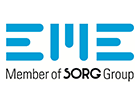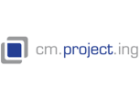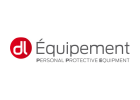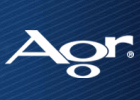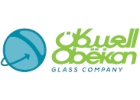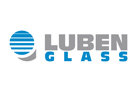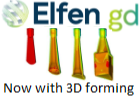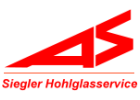New 2021 data points to highest production growth ever recorded for food and beverage glass packaging. Despite increasing challenges in crisis times, glass industry remains resilient in face of exceptionally high market demand.
New 2021 industry data released today points to strong growth in container glass production in Europe and demonstrates that the sector continues its recovery from a 2020 decline. Industry production volume of glass packaging for the food and beverage sector increased strongly by 5.0% compared to 2020 figures, to reach its highest level ever recorded (1).
According to newly-available data released by FEVE – the European Container Glass Federation:
More than 23.4 million tonnes, or 83.3 billion bottles and jars, were produced for the European and global markets in 2021.
Since 2012, container glass production has grown by 18.6%, at an average growth rate of 1.7% per year.
Likewise, production of glass flacons for the perfumery, cosmetics and pharmaceutical segments delivered a strong growth of 2.2% to reach 13.6 billion units by the end of 2021.
Reflecting on the record growth in production, Vitaliano Torno, President of FEVE, the European Container Glass Federation, comments: “These figures prove our industry is working at pace to meet unprecedented market demand, with our glassworks producing at full speed, and we continue to go the extra mile to best address customers’ needs. We are proud of how the container glass industry has risen to the challenges of the last two years – including uncertainties around supply of energy and raw materials, increasing production costs and market dynamics – to provide critical packaging that ensures continued supply of food and beverages to consumers, all while meeting health, well-being and sustainability trends. This record growth underscores that glass packaging remains the preferred choice for our customers to enhance their products, communicate quality and value, and provide products in a packaging that consumers trust.”
Glass packaging relied on for product performance and consumer appeal
Glass is a permanent material that can be endlessly recycled, with no loss in quality. Nearly 8 in every 10 bottles are collected for recycling each year (2), and over 20% of soft drinks, mineral waters and beer are packed in refillable glass bottles (3). Glass guarantees the best performance in terms of health safety, quality, taste preservation and shelf life, no matter how many times its recycled or reused (4).
Furthermore, glass is loved by consumers for the unique way it creates an emotional appeal with the product and is universally acknowledged as a modern material with a rich cultural heritage. To this end, the United Nations has designated 2022 as the ‘International Year of Glass’, to acknowledge glass’s contribution to achieving the UN 2030 Sustainability Development Goals.
With glass packaging in the spotlight for its long-standing contribution to modern society and to markets around the globe, Vitaliano Torno concludes: “The International Year of Glass is a unique acknowledgement for a single material, and emphasises what glass brings to the market. In challenging times, the glass industry continues to provide stability and deliver sustainable packaging solutions that are relied on by consumers and customers alike. This recognition also signals the importance of the circular economy model and serves as encouragement to innovate further and strengthen our sustainability footprint with cutting-edge technology.”




